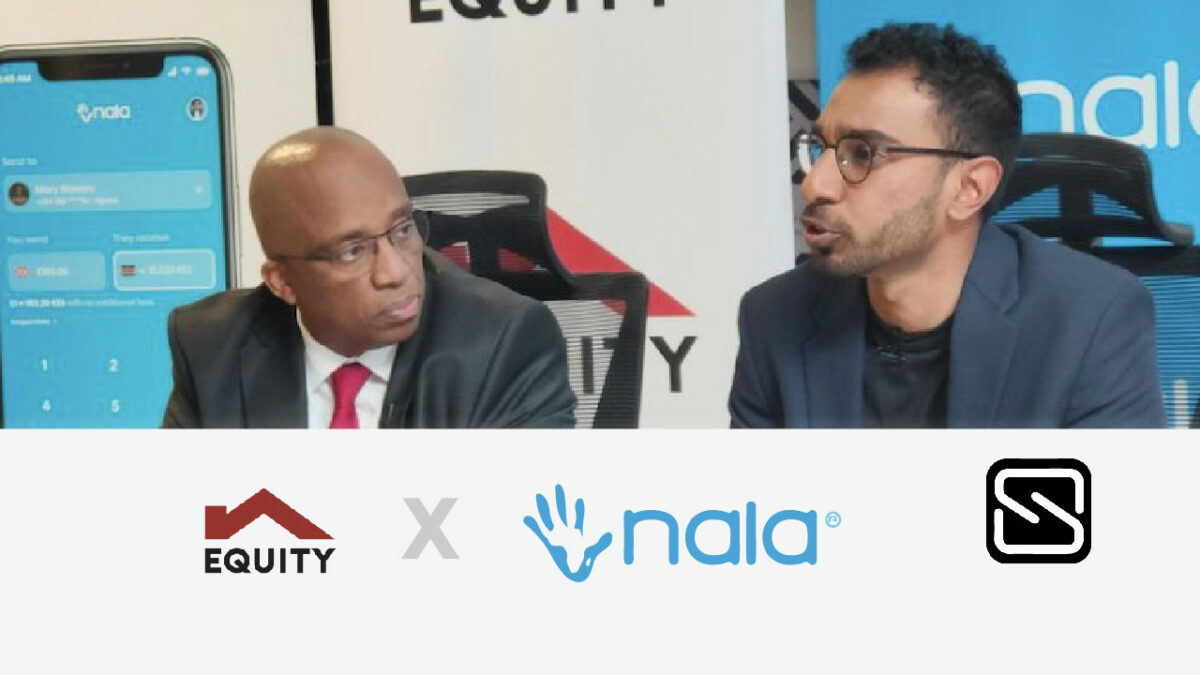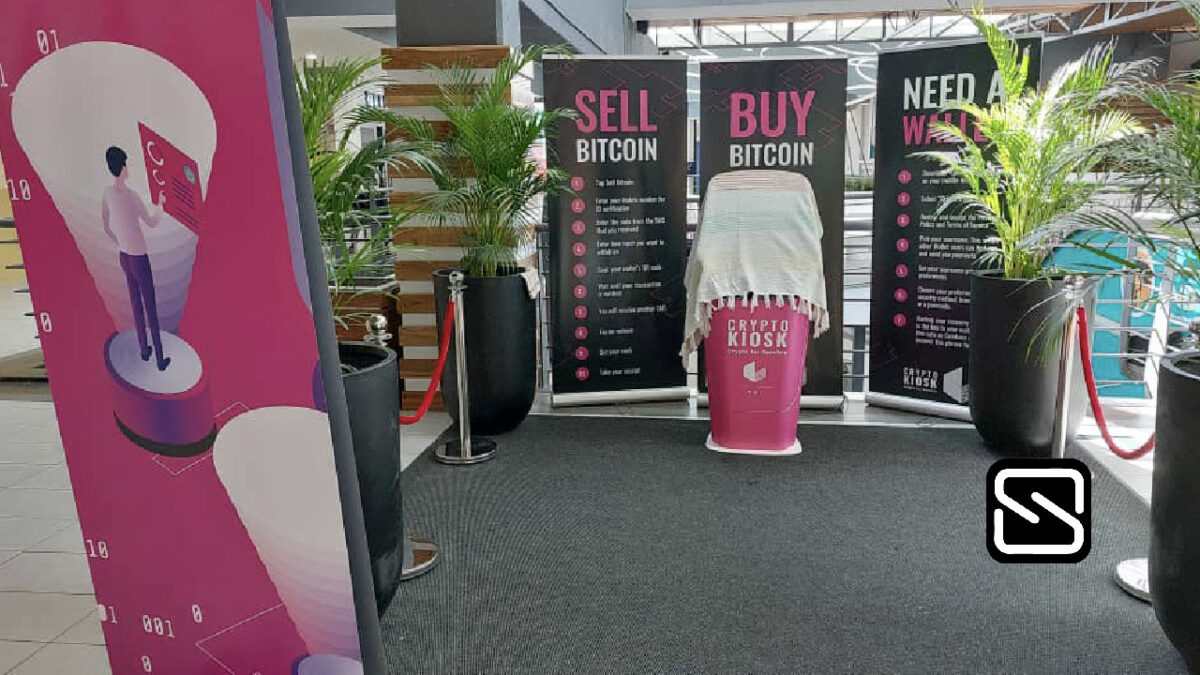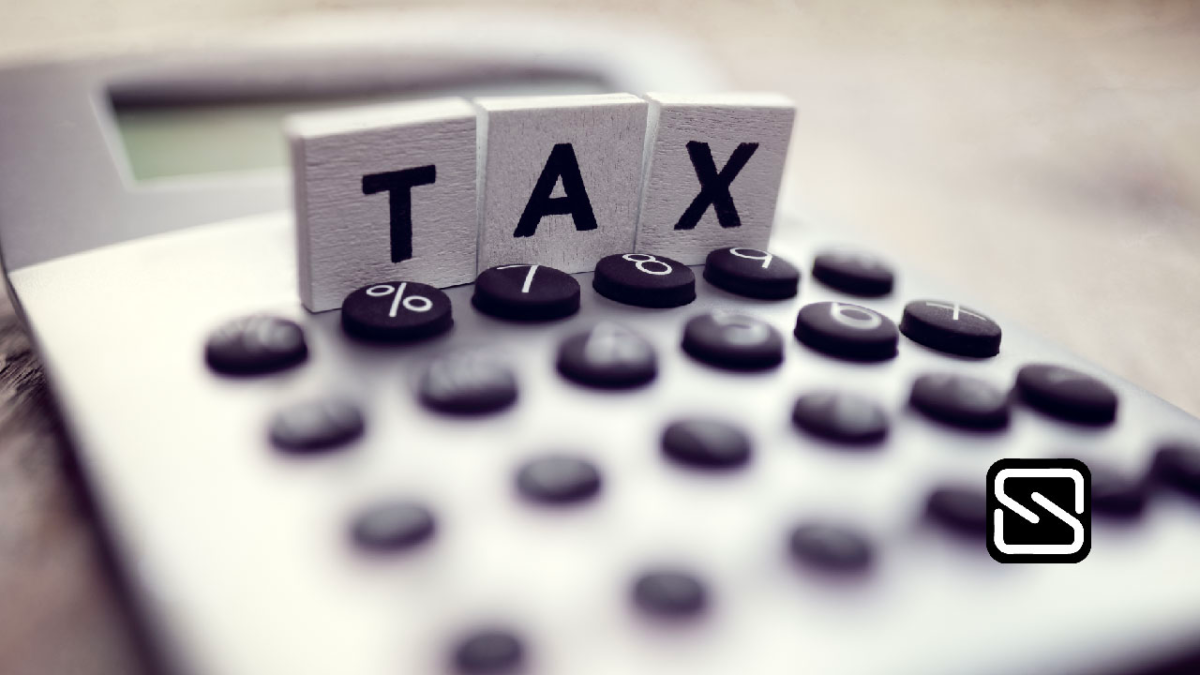Sango coin, the first digital coin of the Central African Republic, went on sale on Monday. The sale has however got off to a slow start with just over 5% of the target bought in the hours after its launch amid questions about the project’s transparency and a wider downturn in the industry.
By 11:15 GMT on Tuesday, only roughly $1.09 million of the initial $21 million offered had been sold.
The war-torn, mineral-rich nation will advance into a better future according to the Government’s claim about its digital coin project. Despite the fact that the price of such assets has fallen this year, it plans to raise up to $1 billion over the coming year through the sale of its Sango coin, according to its investment website.
A few investors have commented on the Sango coin’s performance. For example, Joseph Edwards, Head of Financial Strategy at Solrise, a crypto investment firm said,
“A crypto project not selling out its initial mint is a poor sign. It’s hard to get a precise read on things because of the whole coin and project’s deliberately obscure structure.”
Another crypto industry figure that declined to be named said Sango coin did not have what many crypto enthusiasts view as one of the assets’ main benefits, which is a lack of state involvement.
She said, “They’re building something that is literally controlled by the Government.”
What exchanges it will be listed on when the sales are over and how the money will be spent are among the details that are still unclear.
Investors who purchased the Sango Coin, which had a minimum investment requirement of $100 that was reduced on Sunday from a planned minimum of $500, are optimistic about its future.
Michel Muna, a 35-year-old Cameroonian who bought $524 of Sango coin said in a message on Telegram, “Sango is the beginning of the Rise of the African Continent.”
Additionally, referring to the CAR’s pledge to tokenize its mineral wealth he said, “Sango is backed by the potential of its natural resources.”









